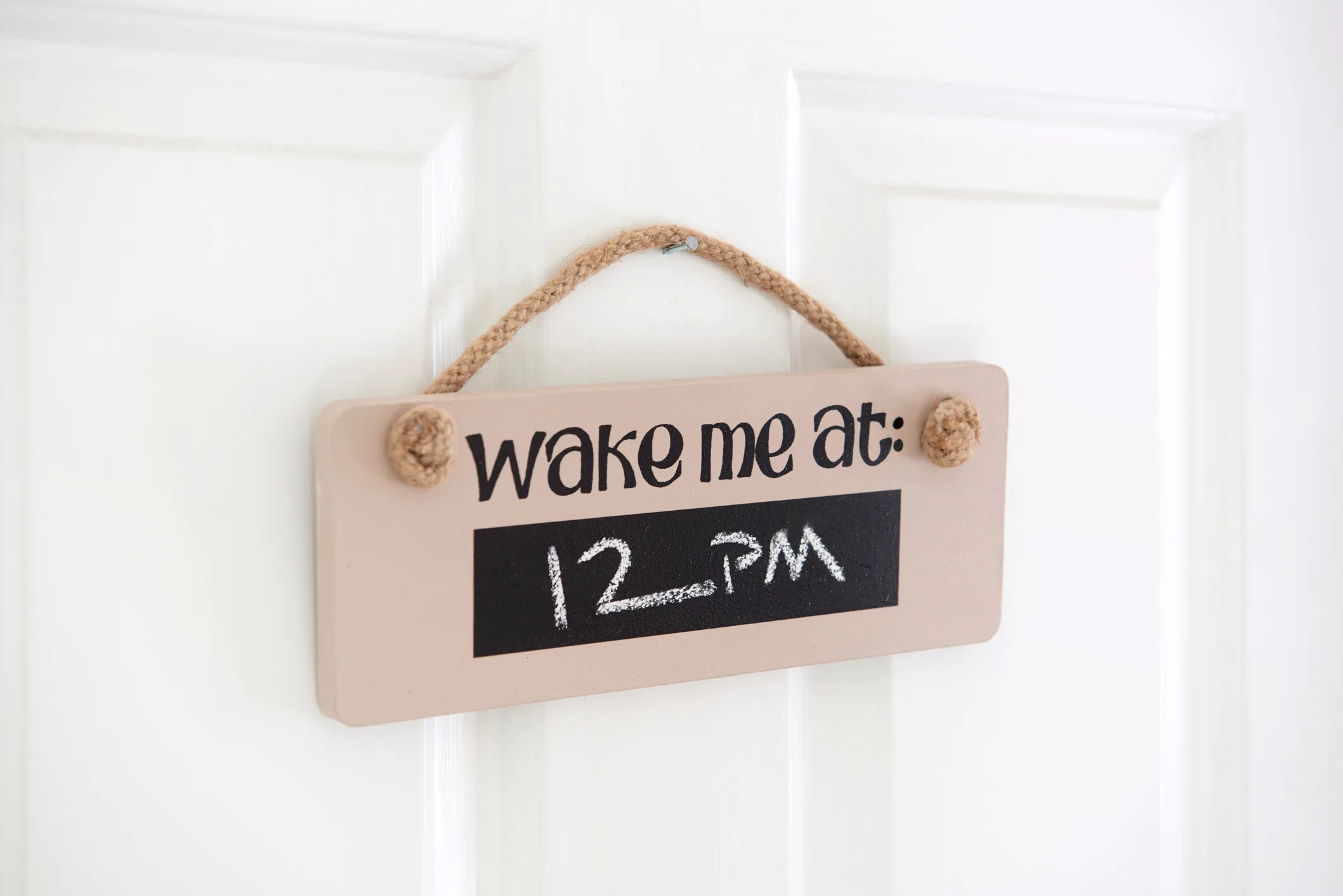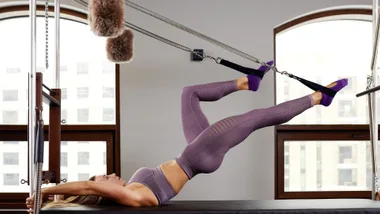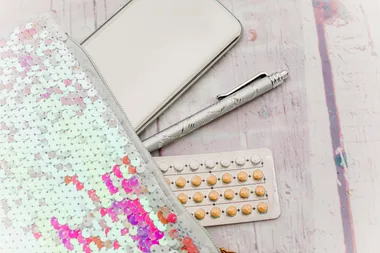There’s no denying that there are life stages in womanhood, particularly when it comes to the vagina. Just another body part until puberty, we soon realise that there’s quite a bit involved (from pubic hair to periods). It can be thrilling, exhilarating, confusing at times, and make you want to scream, all at once. Rinse and repeat.
It’s important we talk about how our vaginas will change stages over time. Our bodies are truly amazing in what they can achieve and how they change. Here are some of the genius and yes, annoying, ways your body reinvents itself from puberty to menopause.
First Things First
Let’s talk terminology. While broadly referred to as the vagina, our lady parts are more than that. The vagina extends from the labia to the cervix and uterus. There’s also the urethra which leads to the urinary canal and bladder, and the vulva on the outside. There’s a lot going on down there, and as we progress through life changes can, and do occur.
At any stage of life, the health and function of your urethra, vagina and reproductive system are influenced by your overall health, hormonal fluctuations, sexual activity, hygiene, and medical conditions. Regular check-ups are important throughout your life to ensure your vagina and reproductive system’s health and wellbeing.

Puberty And Teenage Years
The onset of puberty brings new frontiers. Hormonal changes make hair pop up where it wasn’t before, and a whole new world of feelings and bodily functions arrive. During this stage, the vaginal walls thicken, the vaginal canal elongates, menstruation begins, and the vagina becomes capable of sexual activity.
Hormonal changes and pelvic floor issues can also cause issues can also cause occasional bladder leaks in teenagers. While they’re not uncommon, it’s wise to consult a GP to rule out a urinary tract infection or other medical conditions.

Pregnancy And Reproductive Years
This can be quite a time of change for the body. Depending on what’s happening in your life, it can juggle sexual activity and pleasure, periods, pregnancy, childbirth and recovery, some all at the same time. That’s pretty impressive.
If you’re in baby mode, there’s lots of stretching going on down there, as well hormonal changes (yep, those again) and your pelvic floor muscles can become weakened. That’s why over 50 per cent of women experience Light Bladder Leakage (LBL) in pregnancy, even in the early stages. Add the pressure from your expanding uterus and bladder leakage can be the result. If you’re experiencing LBL and its bothering you, wear a liner designed for LBL like Poise odour control with charcoal to keep you dry and comfortable, while helping to neutralise potential odours.

So Very Perimenopause
Perimenopause and menopause typically occur in the late 40s or early 50s (although this can vary), and it marks the end of a woman’s reproductive years.
Some women find they feel freer from the previous stage of dealing with periods, cramps and contraception. Others find it a challenge to deal with the symptoms of perimenopause, such as mood swings, vaginal dryness or a drop in libido. LBL is also very common in women going through this stage of life.
What Can You Do About Light Bladder Leakage?
The good news is that at any stage of life, light bladder leakage is manageable, treatable and in some cases, curable. The first step is to talk to your doctor.
How LBL is treated will depend on the type of incontinence you have, but the first step is usually a few lifestyle tweaks.
Sometimes a healthy diet, a focus on wellness and time can do the trick. So can eating more fibre, drinking more water and doing Pilates or physiotherapy to strengthen the pelvic floor, which supports your bladder, plus some medications.
For those moments when LBL does happen, Poise Charcoal Odour Protection Liners can help keep you dry. With the addition of a charcoal infused layer, they can reduce up to 95 per cent of odours, compared to using no liner. The soft, quick dry cover locks away wetness and keeps you comfortable all day, discreetly and without scrunching. Simply change as required. Available in extra-long and light liners for peace of mind.
*The information contained in this article is intended to help you gain a greater understanding of bladder leakage and is a general resource only. It is not an alternative for specific, individual medical advice from your health care provider. If you have any questions or concerns about your own health or wellbeing, seek immediate medical advice.




